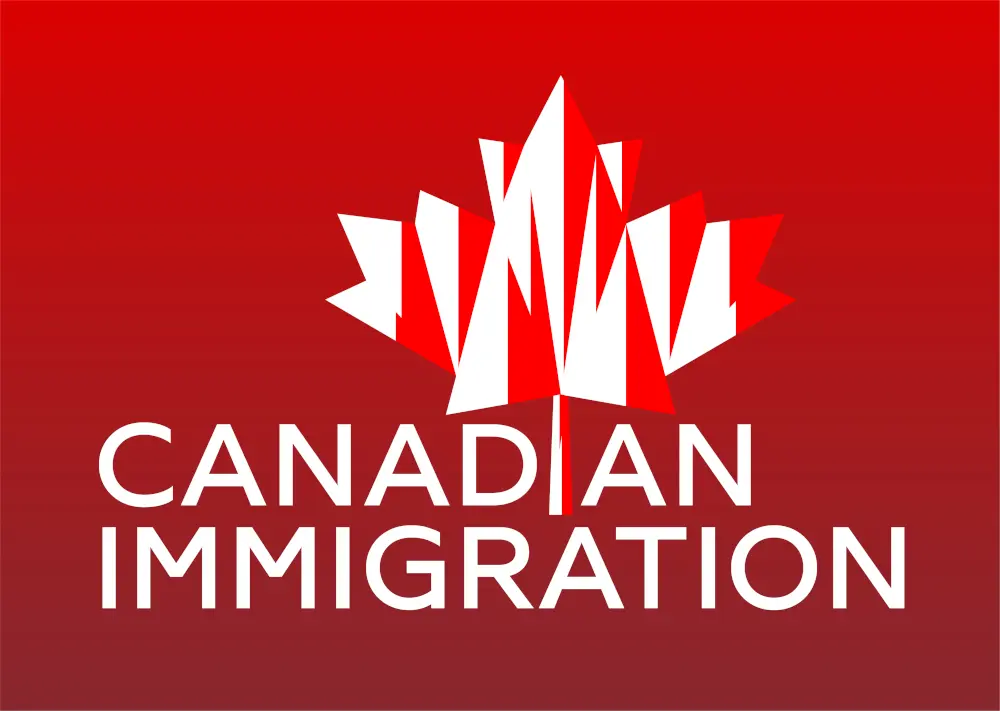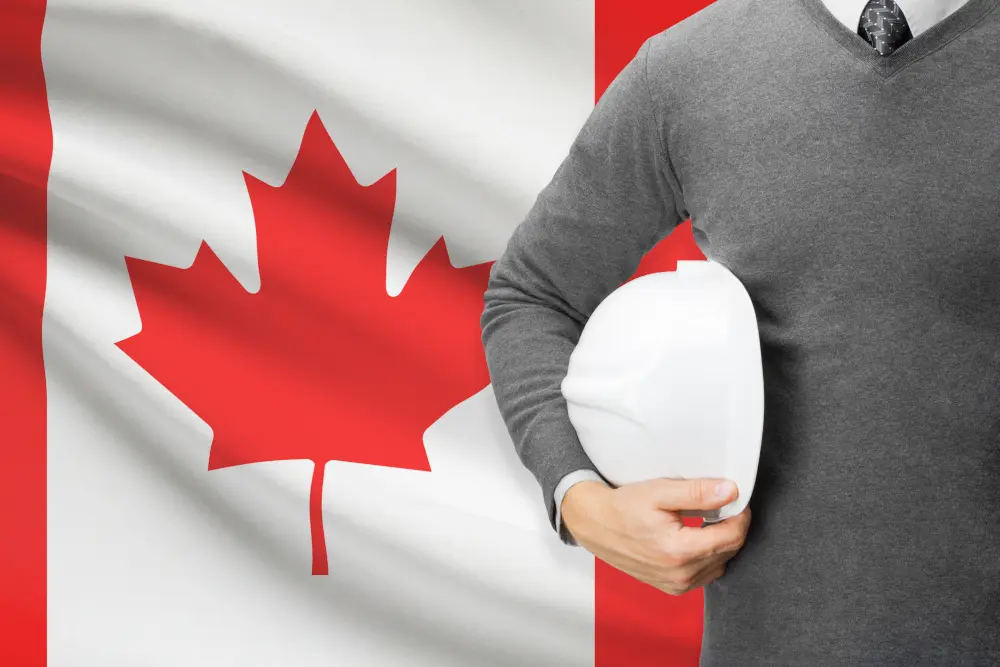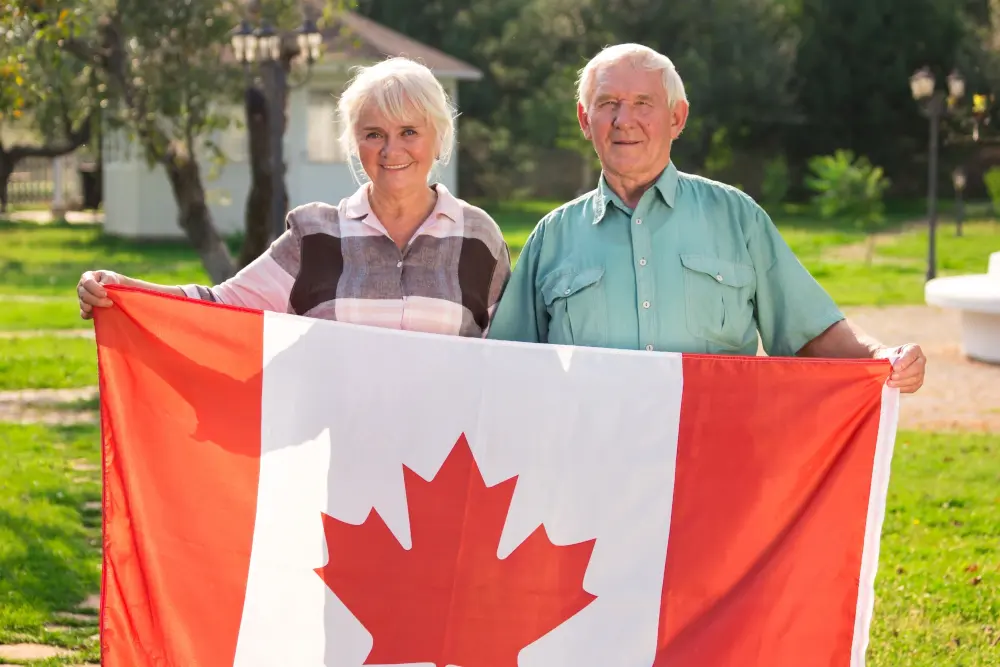
Canada Immigration
Canada is a popular destination for people looking for better job opportunities, a high quality of life, and a welcoming environment. Every year, thousands of people move to Canada to start a new chapter in their lives. The immigration process has different steps, but knowing the available options can help you make the right choice for your future.
How Canada’s Immigration System Works
Canada has different programs for people who want to move there permanently or temporarily. The government evaluates applicants based on skills, work experience, education, and language ability. Immigration, Refugees and Citizenship Canada (IRCC) handles applications and sets policies to help new residents settle in smoothly.
Express Entry:
A Fast Route to Permanent Residency
Express Entry is a popular program for skilled workers who want to live in Canada permanently. It includes three categories:
- Federal Skilled Worker Program (FSWP) – for people with experience in skilled jobs.
- Federal Skilled Trades Program (FSTP) – for those with experience in technical or trade jobs.
- Canadian Experience Class (CEC) – for individuals who have worked in Canada and want permanent residency.
Applicants are ranked using the Comprehensive Ranking System (CRS), which gives points based on factors like age, education, work experience, and language skills. The highest-ranked candidates receive an Invitation to Apply (ITA) for permanent residency.
Provincial Nominee Programs (PNPs)
Each province in Canada (except Quebec) has its own Provincial Nominee Program (PNP). These programs allow provinces to select workers who can help meet local job needs. If you have the right skills for a specific province, you may receive a nomination, which improves your chances of becoming a permanent resident.
Family Sponsorship:
Bringing Loved Ones to Canada
Canada allows citizens and permanent residents to sponsor close family members. This includes spouses, common-law partners, dependent children, parents, and grandparents. The family sponsorship program helps loved ones reunite and build their lives together in Canada.
Study and Work Permits:
Temporary and Long-Term Options
Many people first come to Canada as students or workers before applying for permanent residency. International students can apply for a study permit to attend approved schools. After graduation, they may qualify for a Post-Graduation Work Permit (PGWP), which allows them to gain work experience in Canada.
The Temporary Foreign Worker Program (TFWP) and the International Mobility Program (IMP) give foreign workers opportunities to work in Canada. Gaining work experience in Canada can also help applicants qualify for permanent residency through programs like the Canadian Experience Class (CEC).
Business and Investment Immigration
Canada offers programs for entrepreneurs, investors, and self-employed people who want to contribute to the economy. The Start-Up Visa Program supports entrepreneurs with innovative business ideas. The Self-Employed Persons Program is for people with experience in cultural or athletic fields. Quebec also has business immigration programs with different requirements.
Refugee and Humanitarian Immigration
Canada provides protection for refugees and others in need. The Refugee and Humanitarian Resettlement Program helps people who are fleeing danger, war, or persecution. Canada offers them a safe place to rebuild their lives.
Canada has many ways for people to move there, including options for skilled workers, students, families, entrepreneurs, and refugees. Whether you are looking for job opportunities, education, or family reunification, there is a program that may fit your needs. Understanding your options is the first step in making Canada your new home.




